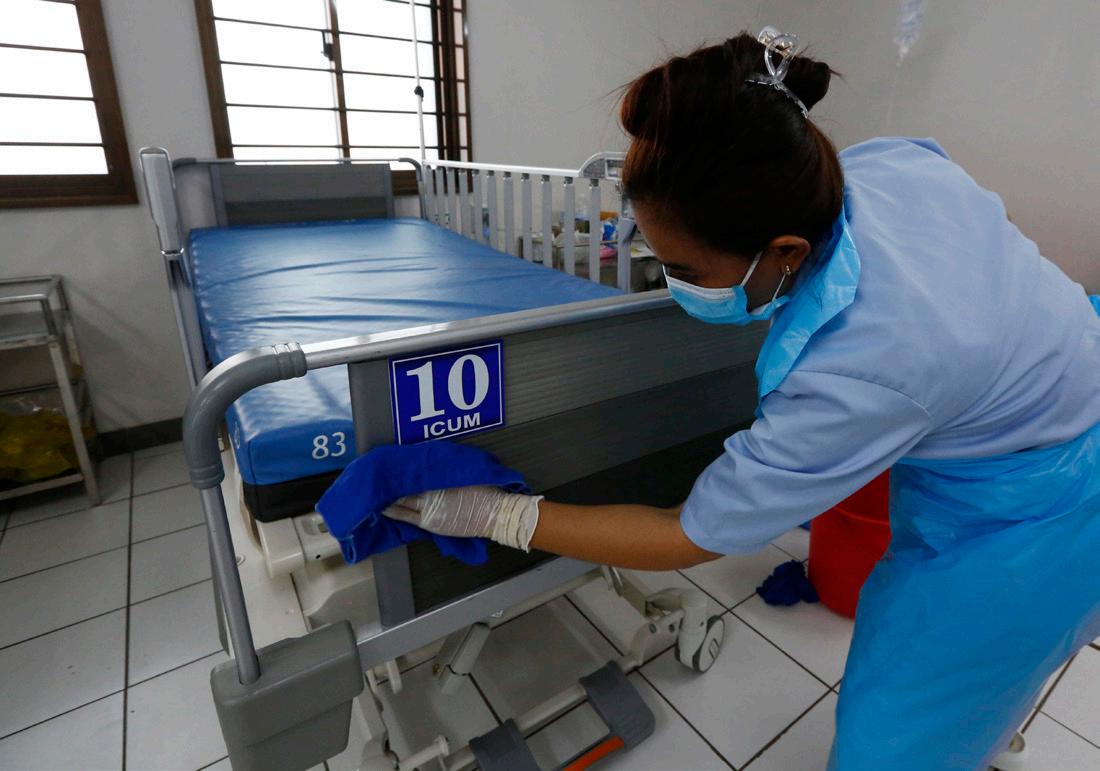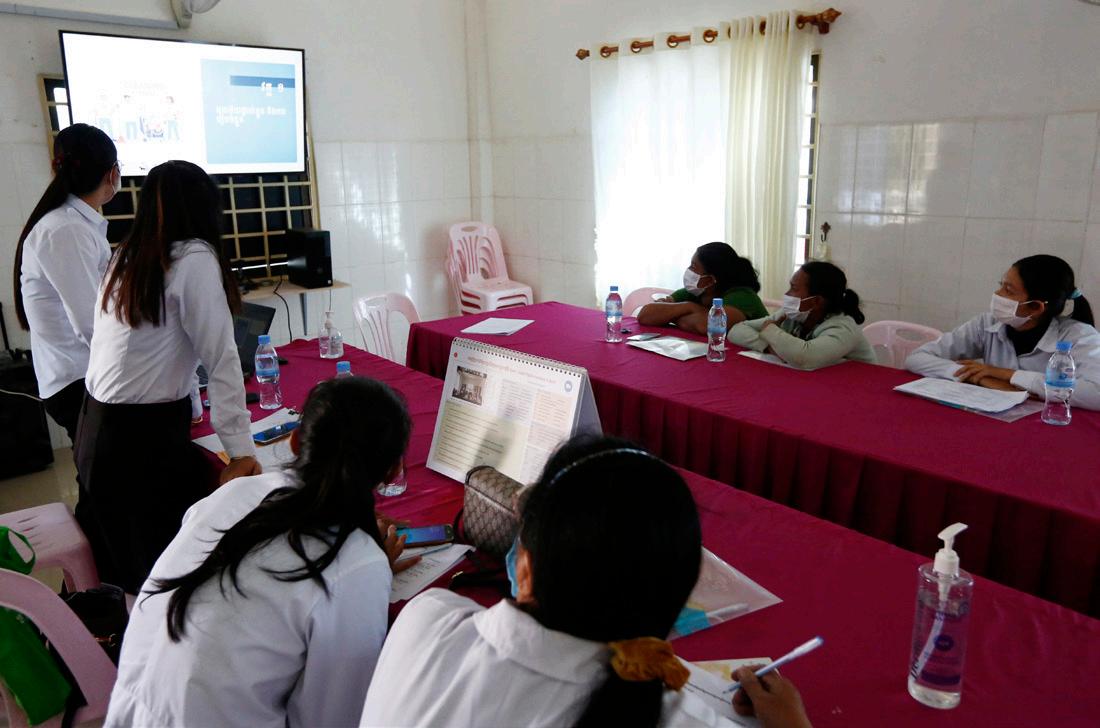
1 minute read
Hygiene
In healthcare facilities (HCFs), hand hygiene and environmental cleaning is essential to protect patients and staff from infections and ensure quality of care. 70% of healthcare-acquired infections could be prevented through good hand hygiene and other cost-effective healthcare practices facilitated by water, sanitation and hygiene (WASH), however two thirds of HCFs across least developed countries do not have basic hand hygiene services.
Improving hand hygiene and environmental cleaning goes beyond infrastructure. Staff and carers need to be better supported to perform hand washing and cleaning behaviours at the right time, with the right products, and following correct methods. This year, WaterAid completed two research projects in Cambodia to develop and test packages to support improvement in these behaviours. WaterAid partnered with the (Cambodia) National Institute of Public Health and the (Cambodia) Department of Hospital Services, as well as academic experts from the London School of Hygiene and Tropical Medicine for both projects.
Advertisement
Funded by Who Gives A Crap, Clean Frontline
Cambodia aimed to establish a safer and cleaner environment for patients, their family and visitors, staff and cleaners in hospitals Cambodia, by developing an innovative cleaners’ training program. In collaboration with partners, WaterAid developed a training manual, digital training videos, and identified appropriate cleaning products. 13 hospitals in Cambodia were supported to trial this intervention, and 52 healthcare workers became trainers on the new environmental cleaning procedures and provided training to 113 cleaners and other healthcare workers.
Changing Hygiene and Maternal Priorities project was funded by DFAT’s Water for Women Fund, aiming to improve the hygiene behaviours of midwives, mothers, fathers, caregivers, and visitors that influence maternal and neonatal infection during labour, delivery and post-natal care in HCFs. The intervention included environmental restructuring, cues and reminders, and participatory training. The behaviour change package was tested through a randomised control trial, with three hospitals receiving the intervention and three hospitals as control facilities (control facilities will receive the intervention following the intervention period if it proves to be beneficial). The analysis of data is ongoing, however early indications are that the CHAMP Plus intervention was successful in improving adherence to hand hygiene protocol among midwives during childbirth.









